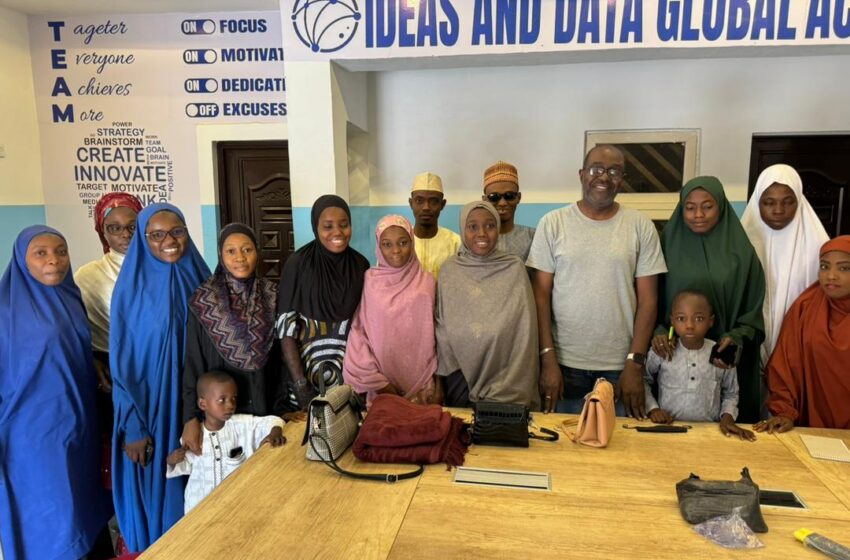By Balarabe Musa
Katsina, Nigeria
On the occasion of International Women’s Day celebrated on 8th March 2024, the Sickle Cell Home Organization in Katsina State joined the global action with reflections on its accomplishments and underscored the ongoing need for support from all sectors to address the challenges faced by sickle cell patients in the state and beyond.
In the press release of the occasion signed by the President Laila Ahmad Rufai, the organization narrated its celebrations of the achievements attained so far, which include:
1. Genotype Testing Success: The organization has successfully implemented a genotype testing program in partnership with Medical Doctors, empowering individuals to make informed decisions about marriage. This action is crucial in reducing the risk of sickle cell disease in future generations.
2. Community Engagement: Through collaboration with religious leaders, the organization has heightened awareness about sickle cell disease, advocating for genotype testing before marriage, and promoting healthy unions in mosques and other religious gatherings.
3. Media Advocacy: Media advocacy campaigns have reached remote communities, disseminating crucial information about sickle cell disease and combating associated stigma. Various media houses in the state offered free airtime that’s being used to disseminate information on sickle cell to the general public.
4. Stigma Reduction: Sustained efforts by the organization have significantly reduced the stigmatization of individuals living with sickle cell disease in Katsina State, evident in various platforms including schools and social media.
5. Establishment of Dan Arewa Sickle Cell Clinic: Through advocacy, the organization influenced and successfully helped in the establishment of the Dan Arewa Sickle Cell Clinic at Dutsinma General Hospital, providing vital consultations and support services to sickle cell patients.
6. Engagement with Healthcare Agencies: The Sickle Cell Home (SCH) has actively collaborated with the Katsina State Contributory Health Care Management Agency (KTSCHMA) to advocate for the inclusion of sickle cell patients in vulnerable healthcare programs, with promising results.
7. Leadership Commitment: Following discussions with the Emir of Katsina, his royal highness made commitments to leverage his traditional structures to combat stigmatization and foster inclusion within communities, displaying a passion and interest to be part of the change makers.
Despite these achievements, sickle cell patients continue to face significant challenges such as shortage of blood donors, lack of hematologists and inadequate laboratory facilities, limited access to health insurance schemes, ongoing stigmatization, and inadequate government and civil society interventions.
To address these challenges and build on successes recorded, the following recommendations are highlighted:
• Increasing community, media, and educational awareness campaigns.
• Organizing regular blood donation drives to address the shortage of donors.
• Governmental support for healthcare infrastructure and personnel training
• Inclusion of sickle cell patients in health insurance schemes.
• Implementation of special provisions for sickle cell children in educational institution
• Collaboration with development partners and NGOs for sustained support.
In conclusion, as we mark International Women’s Day and other events, the Sickle Cell Home Organization calls upon all stakeholders to join us in the fight against sickle cell disease and support initiatives aimed at improving the lives of those affected.
Together, we can make a difference in the lives of sickle cell patients.




